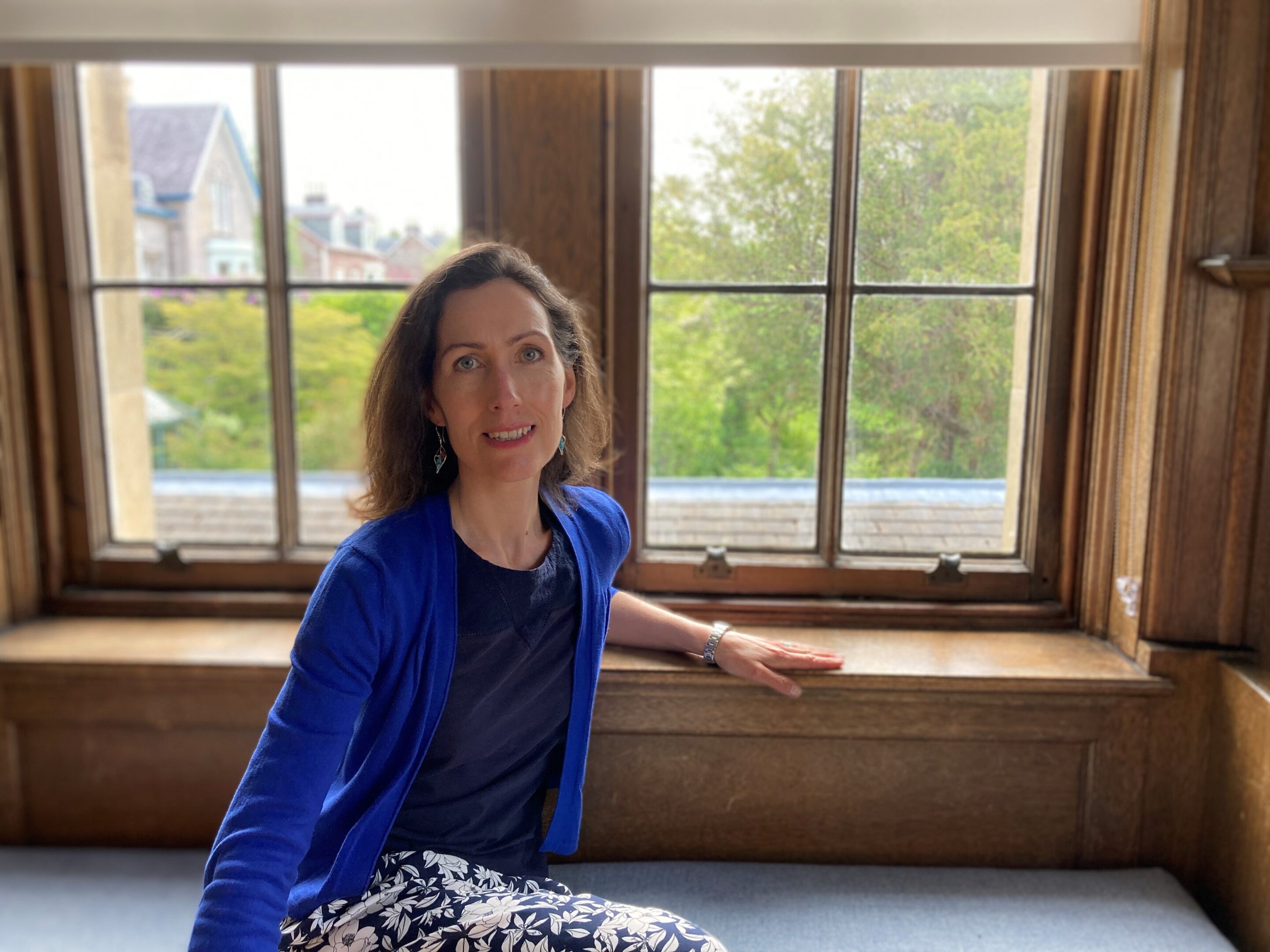
“The purpose of learning is growth, and our minds, unlike our bodies, can continue growing as we continue to live.”—Mortimer Adler
What does it mean to be a lifelong learner? This is a question I return to again and again; reflecting on the many and various ways learning happens both in and beyond the classroom. Every time I return to the same conclusion: the vital importance of curiosity. As teachers, when young people come to school fizzling with sparks of curiosity, it is our responsibility to fan those sparks into blazing fires. But it’s not just about the young people we teach. It is our responsibility to ourselves. We need to fan the flames of our own curiosity too. Furthermore, we need to keep those fires burning constantly.
At Lomond School, I am fortunate to work in an environment where lifelong learning is one of our most valued guiding principles. Not only do we promote this through our International Baccalaureate and SQA curricula, but through the continuous professional development of staff. In recent years, my colleagues have qualified in cognitive behaviour therapy, completed masters degrees in education, senior leadership and management qualifications to name but a few. Collegiate learning conversations can spark new ideas in curriculum development in and across subject disciplines and inspire whole school development. When professional learning is made visible and valued in the workplace, it is enriching and motivating not just for the staff involved, but for pupils and their families.
Here are some of the things I’ve learned about life-long learning over the years:
Learning is about making connections.
Lomond School is the first school in Scotland to deliver the International Baccalaureate Careers and Diploma programmes and the Higher National Certificate in Business simultaneously. This has opened up opportunities for staff to share expertise outside of our subject ‘pigeon holes’. For example, I’m drawing on my previous experience as a project manager to teach the communications module on the HNC Business. It’s exciting to see our young people make these connections too – recognising and applying their knowledge and skills across different subjects – particularly in programmes such as the extended essay and reflective project.
Learning has no walls.
While it’s gratifying for a teacher to observe the blossoming of young minds in the classroom, it is outside of the classroom where young people’s learning is enriched and expanded. The value of programmes like DofE, Young Enterprise Scotland, the John Muir Award, forest schools and overseas charitable projects cannot be quantified in terms of the life skills and confidence they nurture in young people. Often, this is where the student who struggles in the classroom environment can show real leadership and resourcefulness. It is crucial that these learning experiences continue to be supported in schools and that staff are supported in delivering them.
Learning has no age limit.
I love to tell my students about how my mother learned to swim when she was 60 and in doing so, overcame a life-long fear of water. Yes, it can be daunting to push yourself outside of your comfort zone, but as we get older learning new things is vitally important to maintain resilience and a strong sense of self-efficacy.
Learning isn’t always about getting it right.
When I transitioned from a career in academia to project management and then re-trained as a secondary school teacher at the age of 36, I had no idea how much of a disaster my first teaching placement would be. However, as Samuel Beckett wrote, ‘ever try, ever fail – no matter. Try again, fail again, fail better.’ Often, learning is just that: failing better. It was painful at the time, but had I not experienced failure then I would not be teaching today.
Learn from those you teach.
There’s rarely a week in teaching that I don’t learn something from my students, or find my perspective challenged in some way. Learning is never just a case of standing at the top of the classroom imparting the day’s lesson. It’s about listening – and as Socrates once wisely said – knowing when you know nothing!
Learning anything is possible.
Learning anything is possible with self-discipline, effort and a positive mindset.
A heroine of mine is the American triathlete Madonna Buder. She spent most of her working life as a Roman Catholic nun, but one day – in her fifties – decided to get her running shoes on and hit the track. Today, in her nineties, she is regarded as one of the greatest triathletes in the world. Triathlons may not be everyone’s cup of tea, but why not pick up that musical instrument, or a new language? Or photography? It is NEVER too late.
Finally, talking about learning is important; whether that’s a few minutes chat with a pupil at the end of a lesson or while piling on to the PE bus, or at the staff room coffee machine. You never know who or what it will inspire, or where it will take you.
This article was published in The Herald on Monday 27 November 2023. To access the article at The Herald online, please click here.
